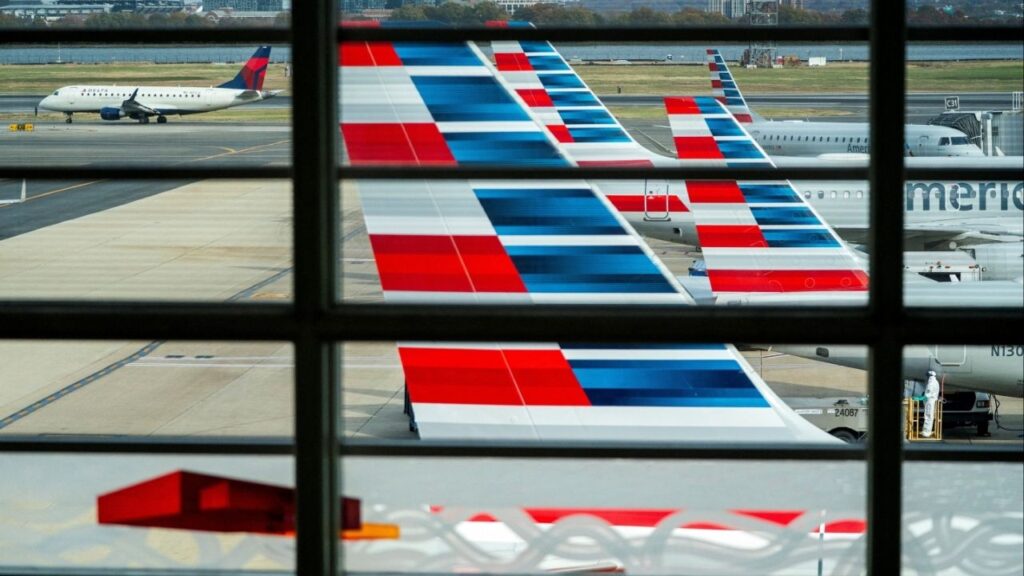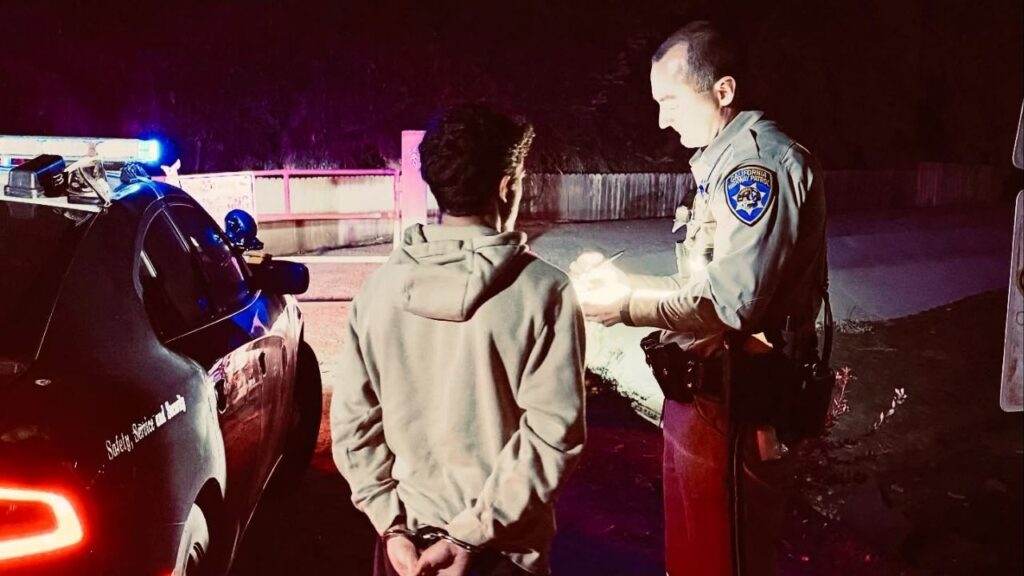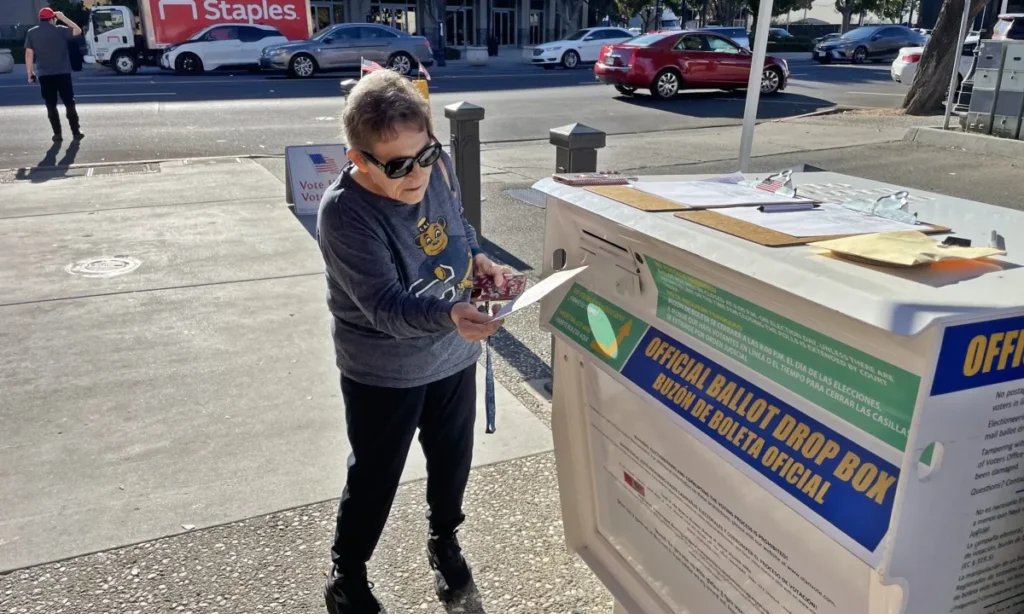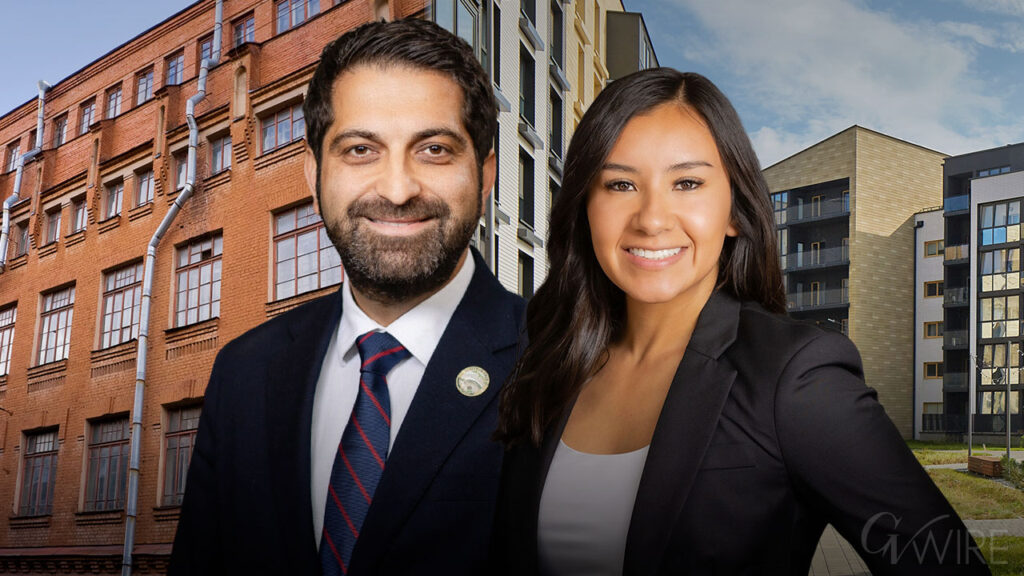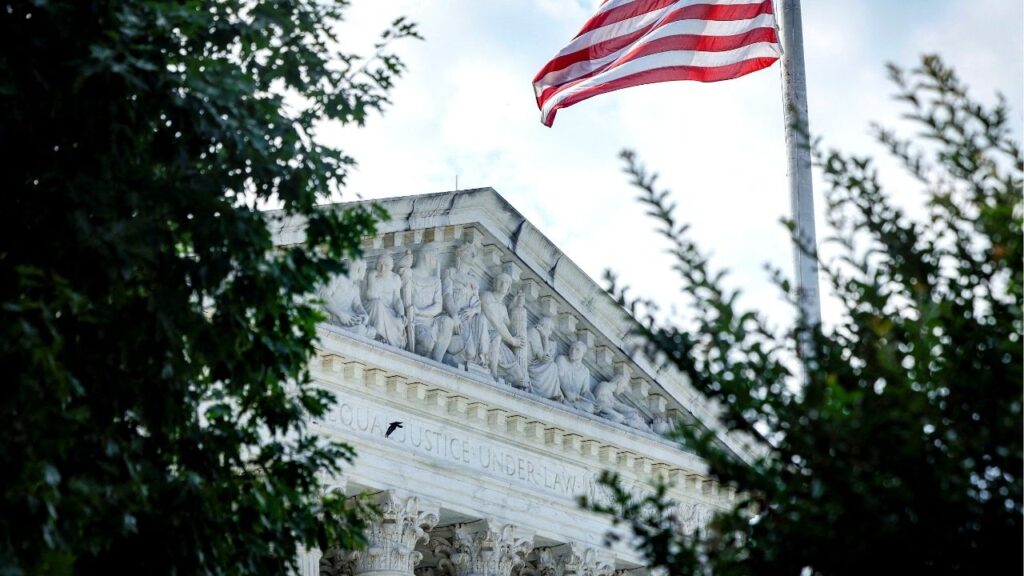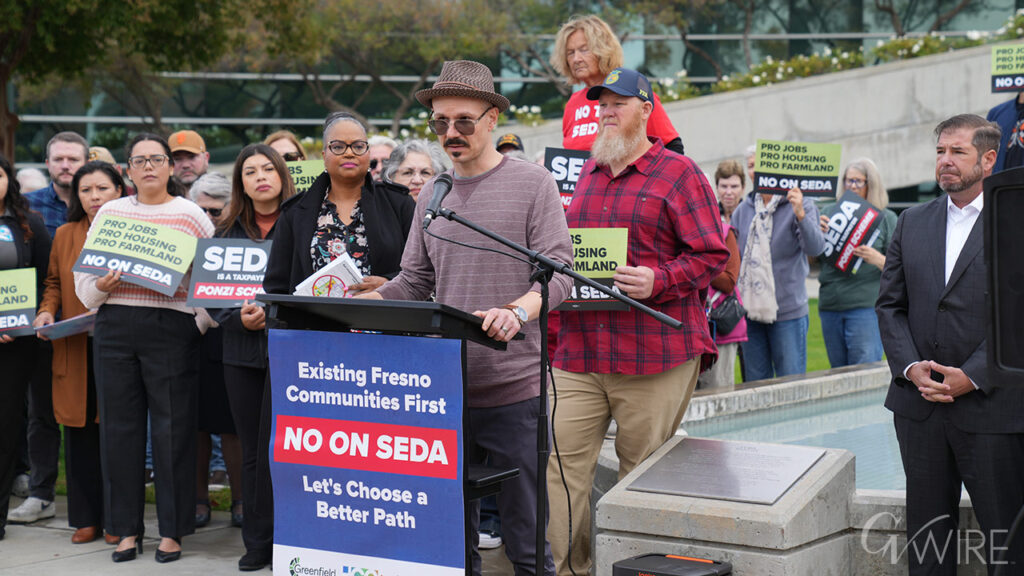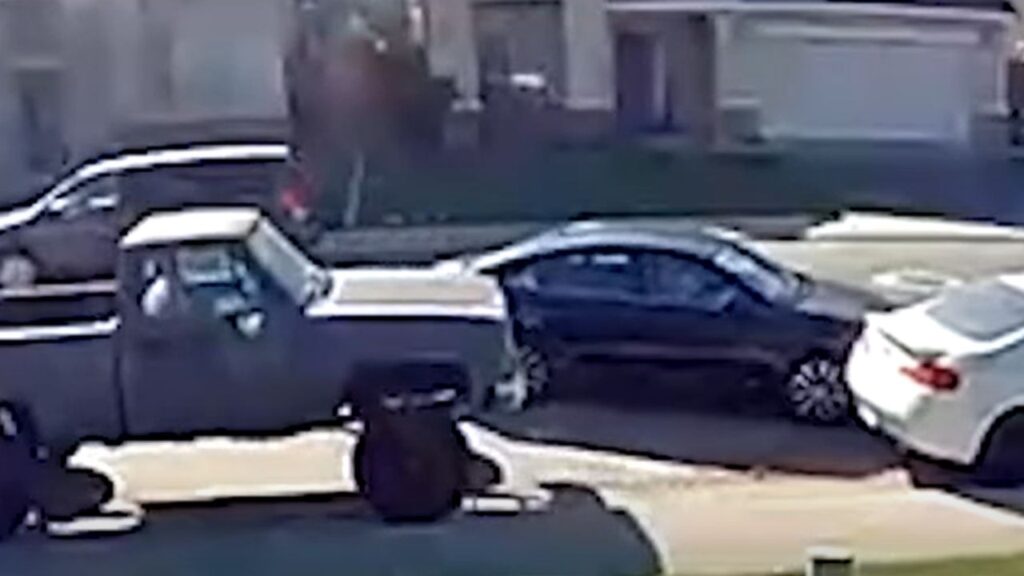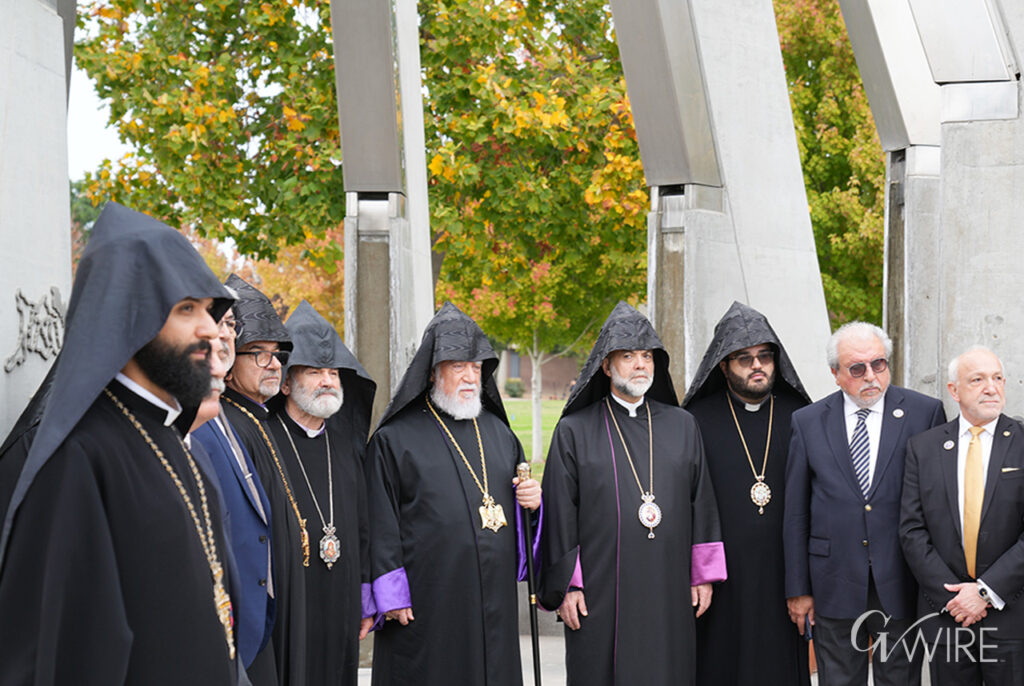Federal judge blocks California's new law on election deepfakes, citing potential First Amendment violations. (AP File)

- Judge Mendez ruled the law unconstitutionally stifles free exchange of ideas vital to democratic debate.
- Gov. Newsom's spokesperson says the law protects democracy and free speech despite the injunction.
- First Amendment experts argue the law is a government overreach and urged Newsom to veto it.
Share
|
Getting your Trinity Audio player ready...
|
SACRAMENTO — A new California law allowing any person to sue for damages over election deepfakes has been put on pause after a federal judge granted a preliminary injunction Wednesday blocking it.
U.S. District Judge John A. Mendez said artificial intelligence and deepfakes pose significant risks, but he ruled that the law likely violates the First Amendment.
Judge Cites First Amendment Concerns
“Most of AB 2839 acts as a hammer instead of a scalpel, serving as a blunt tool that hinders humorous expression and unconstitutionally stifles the free and unfettered exchange of ideas which is so vital to American democratic debate,” Mendez wrote.
Related Story: Why Is Newsom Vetoing 1 of Every 5 Bills? We Have the Answers
The law took effect immediately after Gov. Gavin Newsom signed it last month. The Democrat signed two other bills at the time aimed at cracking down on the use of artificial intelligence to create false images or videos in political ads ahead of the 2024 election. They are among the toughest laws of their kind in the nation.
Newsom’s Office Defends the Legislation
Izzy Gardon, a spokesperson for Newsom, said the laws protect democracy and preserve free speech.
“We’re confident the courts will uphold the state’s ability to regulate these types of dangerous and misleading deepfakes,” he said in a statement. “Satire remains alive and well in California — even for those who miss the punchline.”
But a lawyer representing YouTuber Christopher Kohls, who sued state officials over the law, called the ruling “straightforward.”
“We are gratified that the district court agreed with our analysis that new technologies do not change the principles behind First Amendment protections,” attorney Theodore Frank said.
Related Story: California Governor Signs Bills to Protect Children From AI Deepfake Nudes
Critics Argue Law Overreaches
The law was also unpopular among First Amendment experts, who urged Newsom last month to veto the measure. They argued that the law is unconstitutional and a government overreach.
“If something is truly defamatory, there’s a whole body of law and established legal standards for how to prove a claim for defamation consistent with the First Amendment,” David Loy, legal director of the First Amendment Coalition, said in an interview in September. “The government is not free to create new categories of speech outside the First Amendment.”
RELATED TOPICS:
Categories
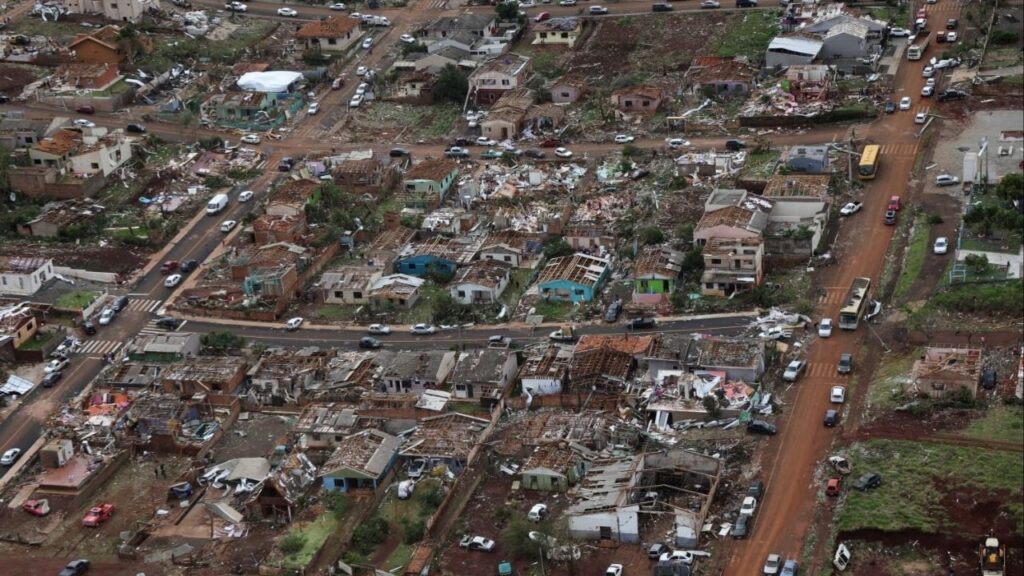
Tornado in Southern Brazil Kills Six, Injures Hundreds
